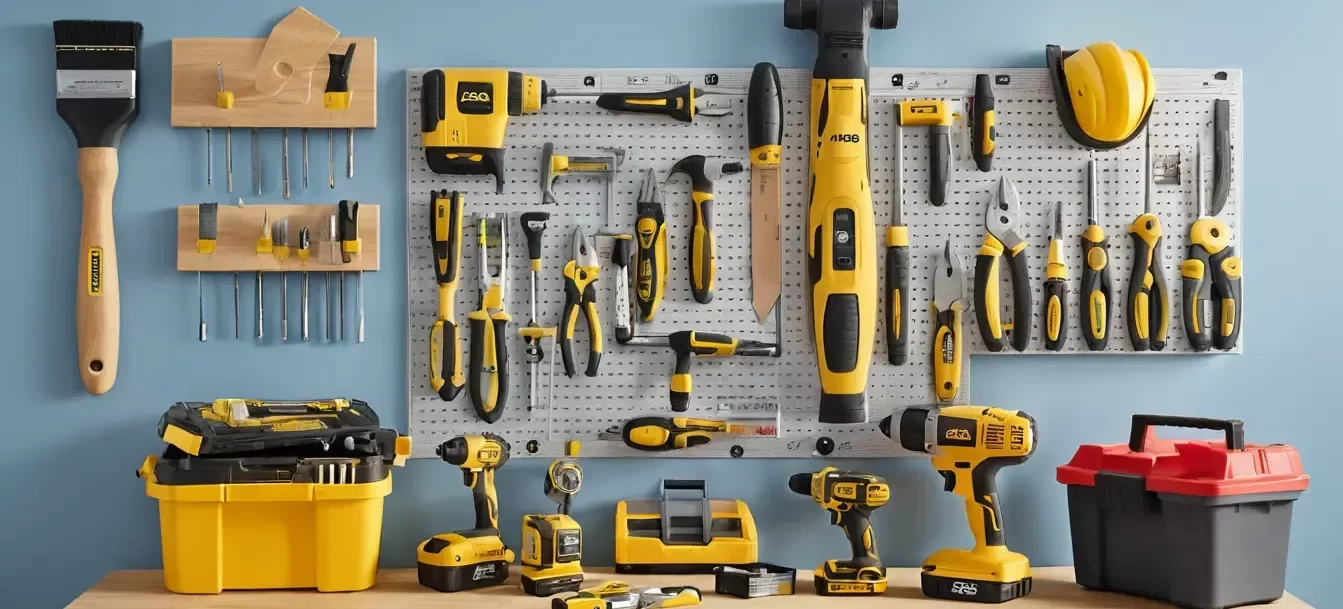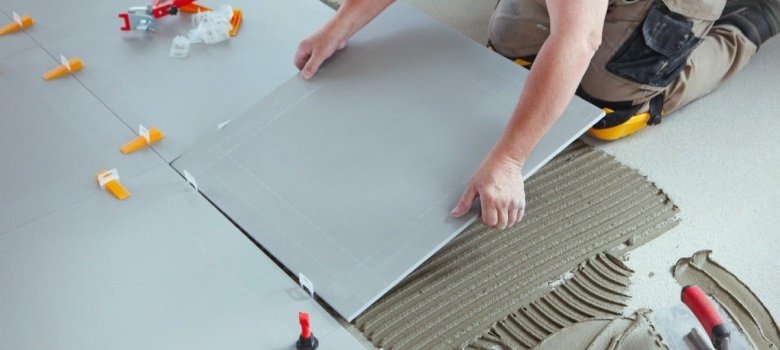Renovating your home is a big decision, both financially and emotionally. In Ireland, the quality of traders, can vary significantly, and the wrong choice could result in delays, shoddy work, or unexpected costs. Whether you’re planning a kitchen makeover, an attic conversion, or a full-scale home renovation, this guide offers practical tips to help you find a skilled and reliable trader for the job.
1. Define Your Project and Budget Clearly
Before searching for a contractor, take the time to define your renovation goals in detail. Consider factors like:
- Scope of Work: Outline exactly what you want done. Do you need structural changes or just cosmetic updates? Make a list of all tasks involved.
- Timeline: When do you want the renovation to start and finish? Be realistic about the timeline, especially if the project is large.
- Budget: Set a budget with some wiggle room for unexpected expenses, usually around 10-20% more than your initial estimate.
Being specific about your needs will help you when communicating with potential traders, ensuring that they understand your expectations and can provide accurate quotes.
2. Research and Compile a List of Potential Traders
Ireland has a broad network of skilled traders, but it’s essential to find those who specialize in your type of project. There are a few main ways to find traders:
- Personal Recommendations: Start by asking friends, family, or neighbors who have recently had renovations done. Personal referrals often offer the most honest feedback on a trader’s skills, punctuality, and communication style.
- Online Platforms: Websites like Rated People, Tradesmen.ie, and Home Renovations Ireland allow you to search for traders based on specific job types, read reviews, and view portfolios.
- Social Media Groups: Many local groups on Facebook cater to people seeking recommendations for traders in Ireland. Platforms like Instagram also showcase trader portfolios and client reviews, which can help you visualize their previous work.
Create a shortlist of at least three to five traders whose style, expertise, and client reviews align with your project goals.
3. Verify Credentials and Experience
Once you have a shortlist, it’s time to verify the trader’s qualifications and experience. Here’s what to look for:
- Qualifications and Licenses: In Ireland, while not all traders require a license, electricians and gas installers must be certified with Safe Electric and RGII (Register of Gas Installers of Ireland), respectively. Check if they are registered with relevant bodies and hold any additional certifications.
- Insurance Coverage: A reputable trader should have public liability insurance to cover any damage or injuries that might occur during the project. Ask for proof of insurance to ensure you’re protected.
- Experience and Portfolio: Review their portfolio for similar projects. Ask them how many years they’ve been in the business and about projects similar to yours. This experience often indicates their familiarity with local building codes, permit requirements, and Irish construction standards.
- References: Request contact information for previous clients. Speaking directly with former customers can provide insight into a trader’s professionalism, punctuality, and how they handle issues that arise during a project.
4. Conduct In-Person Meetings
Meeting potential traders in person or via video call helps you gauge their professionalism and approach to client relationships. During this meeting, assess their communication style—are they easy to talk to, responsive, and transparent? Discuss your project goals and expectations to see how they respond and if they have ideas or solutions that show expertise.
Questions to ask during this meeting include:
- What is your approach to unforeseen problems or setbacks?
- How do you handle project changes or additional costs?
- What is your availability and typical work schedule?
- Do you have a team, or do you subcontract some parts of the work?
Observing how they answer and communicate can reveal much about their reliability and suitability for your project.
5. Get Detailed Quotes and Compare
Request itemized quotes from each shortlisted trader to gain clarity on how they allocate costs. A detailed quote should include:
- Labour costs: How much is charged per day or per task.
- Materials: An itemized list of required materials and the trader’s sources.
- Timeline and milestones: When each phase of the project will begin and end.
- Additional fees: Permits, transportation, and disposal fees should all be outlined in advance.
Be wary of significantly lower quotes, as these can sometimes lead to compromised quality or hidden costs down the line. Don’t hesitate to clarify any vague terms or unusual fees, as understanding the fine print is essential for avoiding surprises later on.
6. Review Contracts and Payment Terms
A well-written contract is crucial to setting boundaries and protecting your interests. The contract should include:
- Project details: A clear scope of work that outlines all tasks.
- Payment schedule: Avoid traders who demand full payment upfront. An industry standard is a payment schedule based on completed work milestones, which protects you in case of delays or unsatisfactory work.
- Penalties for Delays: This can incentivize traders to adhere to the timeline and compensate you if delays occur.
- Termination clauses: Specify conditions under which either party can terminate the contract.
It’s a good idea to have a solicitor review the contract to make sure all terms are clear, fair, and protect your interests.
7. Monitor the Project Progress
Once the work begins, your role as a client isn’t over. Regularly checking in ensures that the project stays on track, any concerns are promptly addressed, and you’re updated on unforeseen delays or adjustments.
Key points to monitor include:
- Milestones and Deadlines: Confirm that the trader is meeting agreed-upon deadlines.
- Quality of Work: Don’t hesitate to bring up any quality concerns right away.
- Budget: Keep track of expenses to ensure they align with the original quote.
Make time for brief weekly meetings with your trader to go over progress and address any small adjustments needed to keep the project moving smoothly.
8. Final Walkthrough and Project Completion
Upon completion, conduct a detailed walkthrough with the trader. During this inspection, ensure:
- All tasks have been completed as per the contract.
- Work quality meets your expectations, with no visible defects or safety issues.
- Post-work cleaning has been conducted.
If any work remains incomplete or substandard, you can withhold the final payment until these items are resolved. Once everything is satisfactory, issue the final payment and, if possible, ask the trader for a warranty on any work or materials that may require future repairs.
9. Leave a Review and Share Your Experience
After a successful renovation, leave a detailed review on online platforms or provide a reference if the trader requests it. Your feedback not only helps future clients make informed decisions but also supports reputable traders in growing their business.
Common Pitfalls to Avoid When Hiring a Trader
To wrap up, here are a few things to avoid during the hiring process:
- Rushing into the first quote or trader you find—take the time to compare multiple options.
- Hiring without a contract—verbal agreements are risky and lack legal protection.
- Paying too much upfront—stick to milestone-based payments instead of a lump sum.
- Ignoring red flags like poor communication or reluctance to provide references.
Final Thoughts
Hiring the right trader for your home renovation project in Ireland may seem daunting, but with careful planning, research, and communication, you can find a skilled professional who will bring your vision to life. From establishing a clear project outline to checking credentials and maintaining open dialogue, each step in the process brings you closer to a successful renovation experience. Happy renovating!



